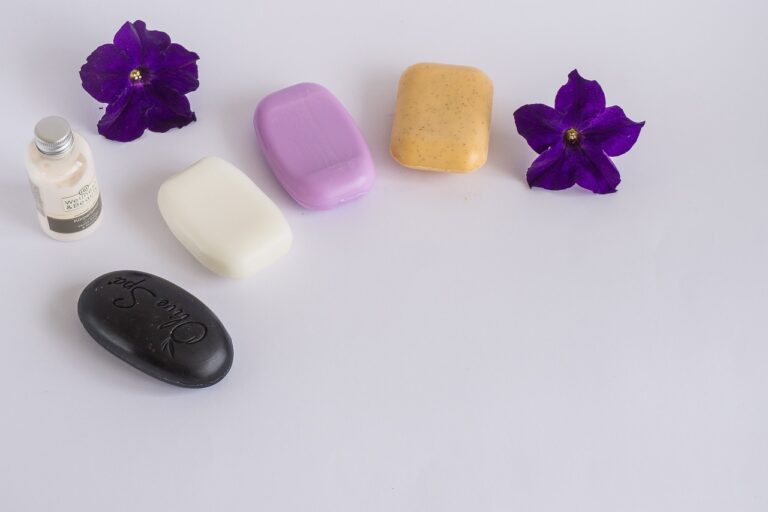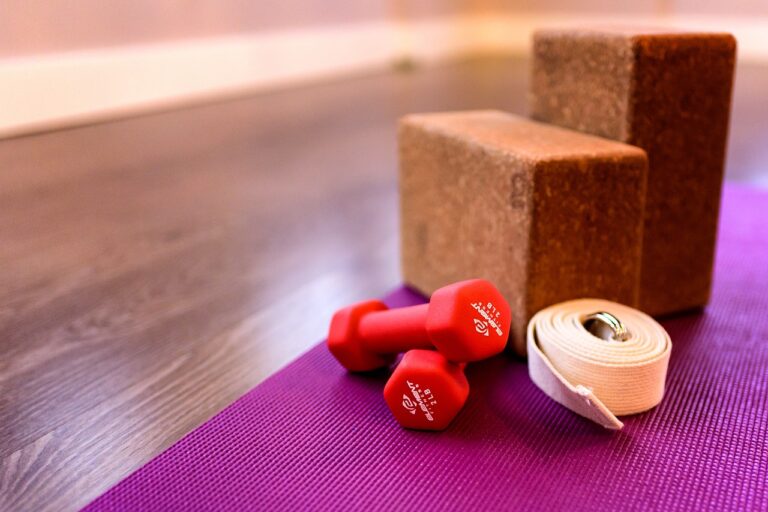Healthy Eating Habits for Older Adults
11xplay pro, tiger 247 login, betbook: Healthy Eating Habits for Older Adults
As we age, it becomes even more crucial to pay attention to our diet and ensure that we are eating the right foods to maintain our health and well-being. Healthy eating habits are essential for older adults to support overall health, energy levels, and prevent chronic diseases. In this article, we will discuss some important tips for older adults to maintain a healthy diet and improve their quality of life.
1. Eat a Variety of Foods
It’s important for older adults to consume a variety of foods from different food groups to ensure they are getting all the necessary nutrients. Include plenty of fruits, vegetables, whole grains, lean proteins, and healthy fats in your diet to support your overall health and well-being.
2. Stay Hydrated
As we age, our sense of thirst may diminish, making it easy to become dehydrated. Make sure to drink plenty of water throughout the day and include hydrating foods such as fruits and vegetables in your diet to stay hydrated and support proper bodily functions.
3. Choose Nutrient-Dense Foods
Focus on choosing nutrient-dense foods that are packed with vitamins, minerals, and antioxidants. Opt for whole foods such as fruits, vegetables, nuts, seeds, whole grains, and lean proteins to ensure you are getting the essential nutrients your body needs to function optimally.
4. Watch Your Portions
As we age, our metabolism slows down, making it important to watch our portion sizes to prevent weight gain. Use smaller plates, bowls, and utensils to help control portion sizes and prevent overeating.
5. Limit Processed Foods and Added Sugars
Processed foods and foods high in added sugars can contribute to inflammation, weight gain, and chronic diseases. Limit your intake of processed foods, sugary beverages, and sweets, and opt for whole, minimally processed foods to support your overall health.
6. Cook at Home
Cooking at home allows you to have more control over the ingredients you use and the cooking methods you choose. Try to cook meals at home as often as possible and experiment with new recipes and flavors to keep things interesting and enjoyable.
7. Include Fiber-Rich Foods
Fiber is important for digestive health, weight management, and reducing the risk of chronic diseases such as heart disease and diabetes. Include plenty of fiber-rich foods such as fruits, vegetables, whole grains, nuts, and seeds in your diet to support your overall health and well-being.
8. Be Mindful of Salt Intake
Excess salt intake can contribute to high blood pressure and other health issues. Be mindful of the amount of salt you are consuming and try to limit your intake of processed foods and salty snacks. Use herbs, spices, and other seasonings to flavor your meals instead of relying on salt.
9. Listen to Your Body
Pay attention to your body’s hunger and fullness cues and eat when you are hungry, stopping when you are satisfied. It’s important to listen to your body and honor its signals to maintain a healthy relationship with food.
10. Stay Active
In addition to maintaining a healthy diet, staying active is also important for older adults to support overall health and well-being. Try to incorporate regular physical activity into your routine, such as walking, swimming, yoga, or strength training, to support your overall health.
FAQs
Q: What are some healthy snacks for older adults?
A: Some healthy snack options for older adults include fruits, vegetables with hummus or nut butter, Greek yogurt, nuts and seeds, whole grain crackers with cheese, and homemade trail mix.
Q: How can I make meal planning easier as an older adult?
A: Meal planning can be made easier by preparing meals in advance, batch cooking, using convenience foods like pre-cut vegetables or canned beans, and keeping a well-stocked pantry with staple ingredients.
Q: Are supplements necessary for older adults?
A: Supplements may be necessary for older adults who are deficient in certain nutrients, such as vitamin D or B12. However, it’s best to get nutrients from whole foods whenever possible and consult with a healthcare provider before taking any supplements.
In conclusion, maintaining healthy eating habits is essential for older adults to support overall health, energy levels, and prevent chronic diseases. By following these tips and making small changes to your diet and lifestyle, you can improve your quality of life and enjoy good health as you age. Remember to consult with a healthcare provider or a registered dietitian before making any significant changes to your diet or lifestyle.







